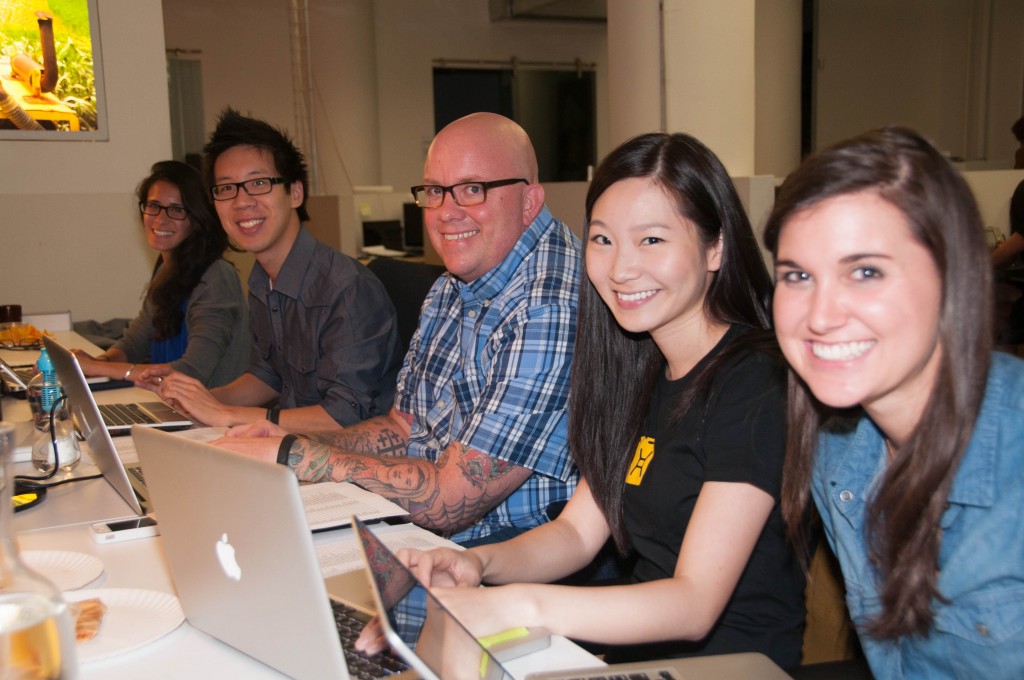
When the term “Millennial” was coined, it was to describe a generation generally perceived as entitled, impatient, fickle self-promoters. While this is clearly a generalization that shouldn’t reflect the reality of an entire generation of young people, there has been a movement among nonprofits and charities to find ways to engage Millennials, also known as Generation Y. These organizations are trying hard to capture this generation’s interest in order to recruit volunteers, donors and the future board members. With the knowledge that three-quarters of the Millennial population either has a smart phone and access to the Internet, there has been a shift in nonprofits towards engaging this generation through technology. With these efforts, several trends on Millennials and how they interact with nonprofits and charities have been uncovered.
First off, Millennials are generous with their time first — but only to nonprofits and charities that inspire them. When passion is present, Millennials will not only volunteer their time, but they will enlist the help of friends and be more likely to donate financially. Second, Millennials like having options when it comes to volunteering: Rather than signing up for a long-term commitment or a one-time commitment, this generation would like to have the option to structure their volunteering in a way that makes the commitment more convenient overall. Finally, Millennials would like their volunteering to impact their future experiences professionally – meaning they would like to accrue leadership experience. Take a look at this infographic on Gen Y in the Workplace that explains how Millennials are motivated in more detail.

According to the Millennial Impact Report, demographically, the highest rate of volunteers are those individuals between the ages of 25 and 29, whereas the second highest rate is between the ages of 30 and 35. Most volunteers are from middle-income families and highly educated, and the majority (at 60 percent) are female. When it comes to monetary gifts, research found that Millennials are more likely to donate financially when emotionally moved “in the moment,” but that fundraising for things like races or walks tends to be more successful with this generation. When giving, however, Millennials were clear that they are more likely to give financially when they know exactly where their money is going and what it will accomplish. Take a look at this infographic on Social Media for Social Good that breaks down generational differences in emerging trends in charitable giving and volunteering in more detail.
While the ways in which Millennials volunteer both their time and resources is different than previous generations, it is no less meaningful. If nonprofits and charities can continue to use social media and networking to engage this generation with inspirational stories, clear-cut outcomes and leadership opportunities, then their involvement in social good will continue to grow.
Bio: Logan Harper works in community relations at 2tor Inc. In his free time Logan enjoys traveling, cooking and keeping up with global politics.
This is a sponsored post from our friends at 2tor.
